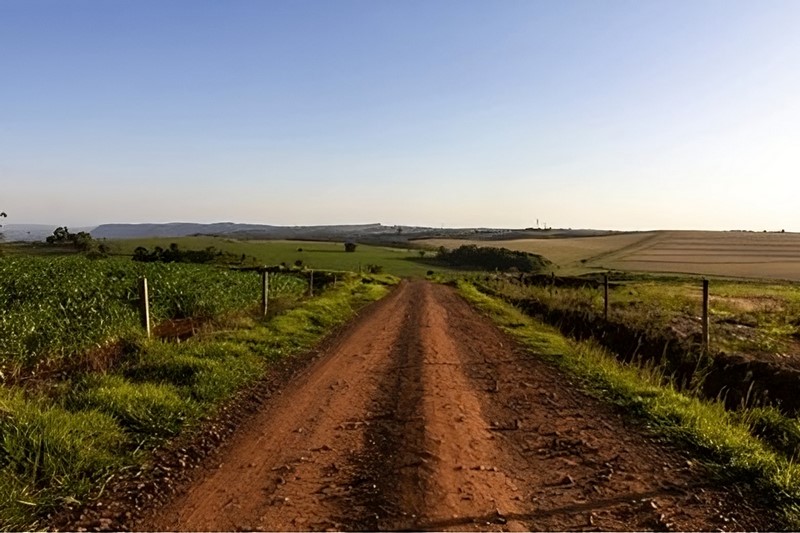Buying a rural property or farm is different to buying a residential house in town.
As you would with residential property, if you are looking to purchase rural land you should ensure that you conduct the usual pre-contract inspections on both the home and buildings on land, including a timber pest inspection and a building inspection. These reports will allow you to discover any defects in the home and buildings situated on the land that are not usually considered “wear and tear”. If the reports uncover any issues of concern, you should make enquiries with licensed tradespeople where required to ensure that these “issues of concern” will not cause you a major financial burden down the track if the purchase goes through.
When considering whether to purchase a rural property you should ensure that the purpose you are buying the property for is consistent with the use of the property that is allowed by the local council and other state government departments. If you buy a property say for aquaculture in an area that does not permit that type of agricultural pursuit or in an area that may have chemical residue which will destroy your organic farming intentions, it could be costly.
By conducting relevant searches and enquiries and obtaining relevant reports from licenced tradespeople before you enter into an unconditional Contract for Sale you can minimise the risk of hidden “surprises” on your rural property once a settlement has occurred.
Chemical Residues, Livestock & Plant Diseases, Noxious Weeds & Animals
If you are planning on growing crops or raising livestock on your newly purchased land to sell to third parties, any chemical residue in the soil can potentially destroy your business venture. Residue from organochlorines such as DDT which were used in the past extensively on farms to control pests can remain in the soil for decades and can even attach itself to plants and animals.
Some diseases can stay on the land for significant periods after the animals harbouring the diseases are gone from the land. Protection zones will often prohibit certain activities on farms if the land is affected and as such, may affect your ability to keep certain types of animals or stock on the land at all if a significant risk of disease is still present. A Local Land Services (LLS) search will disclose some information regarding this.
Specific types of crops can be affected by specific types of pests such as fruit flies and nematodes. If you intend to use the land to grow crops of your own, a thorough investigation of the land by an experienced horticulturalist should be conducted (Local Councils often have officers who can assist in this regard). It would also be prudent to obtain a soil test to establish firmly that there is no chemical residue in the soil.
Noxious weeds and pests can also cause major problems on rural land. Obtaining a search from the LLS (previously the Rural Lands Protection Board) will bring to your attention any notifications or orders on the property for these issues.
Survey
Obtaining a survey of the proposed property will show you the dimensions and boundaries of the property and is therefore particularly important when you are considering buying a rural property.
Any existing fencing on the property may not have been erected accurately and as such may give an incorrect impression of the actual size of the land that you are buying. If a water source appears to be within the boundaries of the property and in fact, it isn’t, a survey will notify you of the error and you can then negotiate the property purchase with this knowledge to hand. It could be devastating to find out after settlement that the only water source “on the land” is not actually on the land you have just purchased.
Land Use
Aspects of rural land use such as development, agricultural use, irrigation and clearing are governed by the local council and state government agencies such as the EPA (Environmental Protection Authority). Although you may be the registered owner of the land, there are specific rules on what you can and cannot do on the land. It is therefore vital that you check these rules thoroughly before you purchase the land, particularly if you want to use the land for a specific purpose.
You should also make enquiries with the relevant authorities as to the rules and requirements regarding the infrastructure for the land, for example, in relation to the building of roads and bridges around the land to ensure that they comply with the relevant land use rules and are environmentally friendly.
Access
Before you commit to the purchase of any rural land, you should ensure that there is a legal right of access to the property.
Sometimes what looks like access to the land could actually just be an easement or a stock route that can be changed by the actual owner of the land at any given time, which may leave you unable to access your land. It is particularly important that confirmation of legal access to the land is obtained if the land is around Crown Land areas, as something that appears to be a driveway or access way to the property could actually be an “enclosed road”, and although it may look like a normal road it is actually owned by the government and can be closed by the government at any time, which will result in you being denied access to your property.
Easements
You should obtain a copy of the plan of the land if you are considering any “proposed” or “intended” easements or rights of way. It will also alert you to any easements which were not on the land at the time of inspection but have since been noted on a plan as approved, as these easements may impact on your farming in the future.
Water Entitlements
Rural land that does not have access to water is not as valuable. You should check whether the water resources at the proposed property are registered as required by the local government and state laws. A property that requires irrigation licences, water access from rivers and water bores all need to have obtained the appropriate approvals, and details of such approvals should be included in the contract for sale. Where there is a dam on the proposed property, you should also check that the dam is compliance in the area in which you are buying.
Native Title
You can also obtain a native title search which will show you whether there is a current native title claim on the land, and if so, the extent of which this may affect your farming endeavours.
Taxation issues
Before you purchase rural land to run a business from you should discuss the land and the proposed business with an accountant who is experienced in rural taxation. He will be able to advise you in respect of any GST and CGT implications and other taxation issues that might arise in respect of your purchase and subsequent business operations.
Conclusion
It is important that you ensure you get the right advice and assistance before and after you enter into a contract to buy a property, whether rural or not, as every property is different.
Legal professionals experienced in rural conveyancing can best assist you to ensure that the land you propose to purchase is properly investigating prior to the purchase to ensure you are aware of any risks, thus protecting your financial investment.
If you or someone you know wants more information or needs help or advice, please contact us on (08) 9335 9880 or complete the form below to request an Introductory Consultation.





